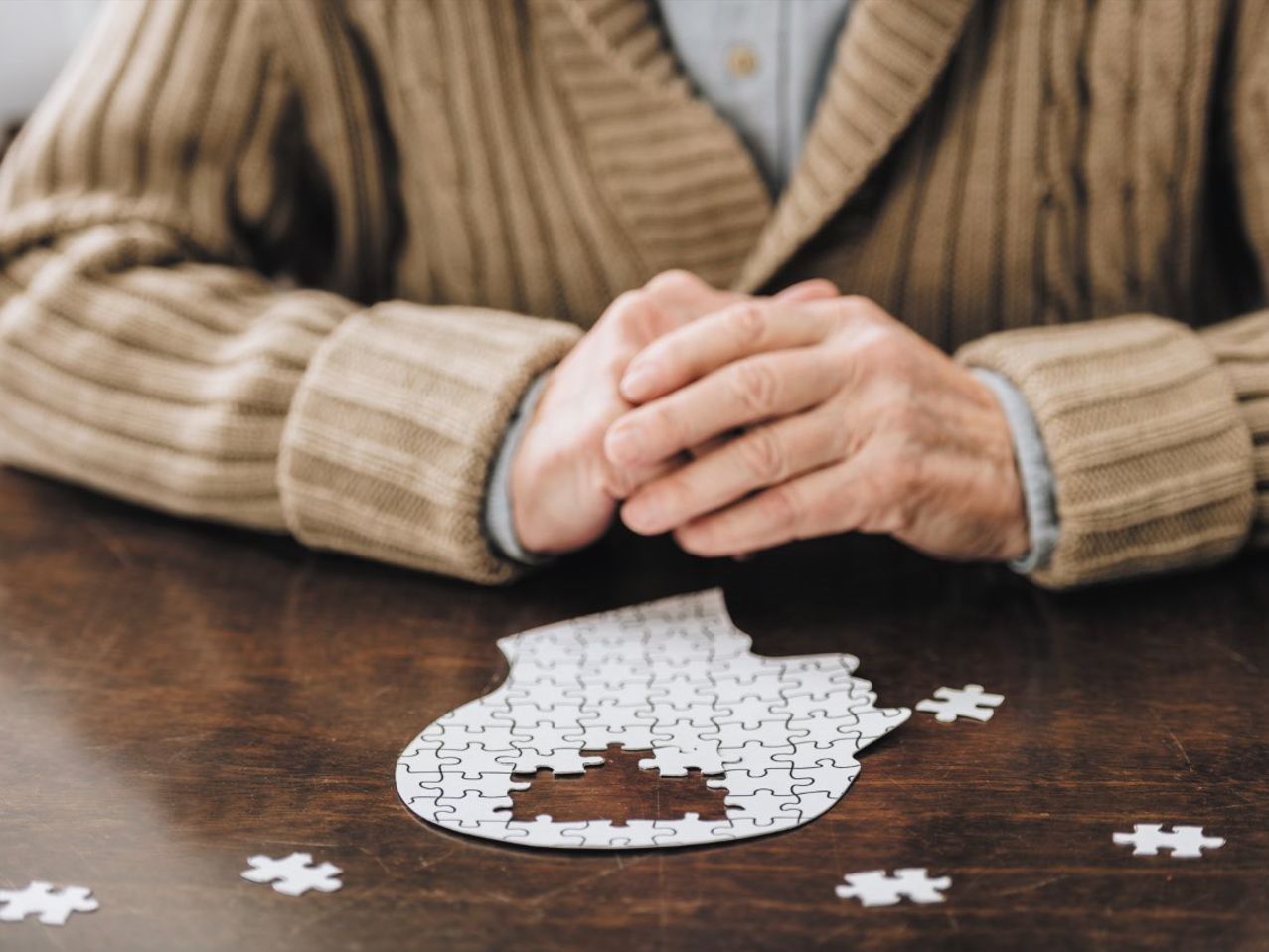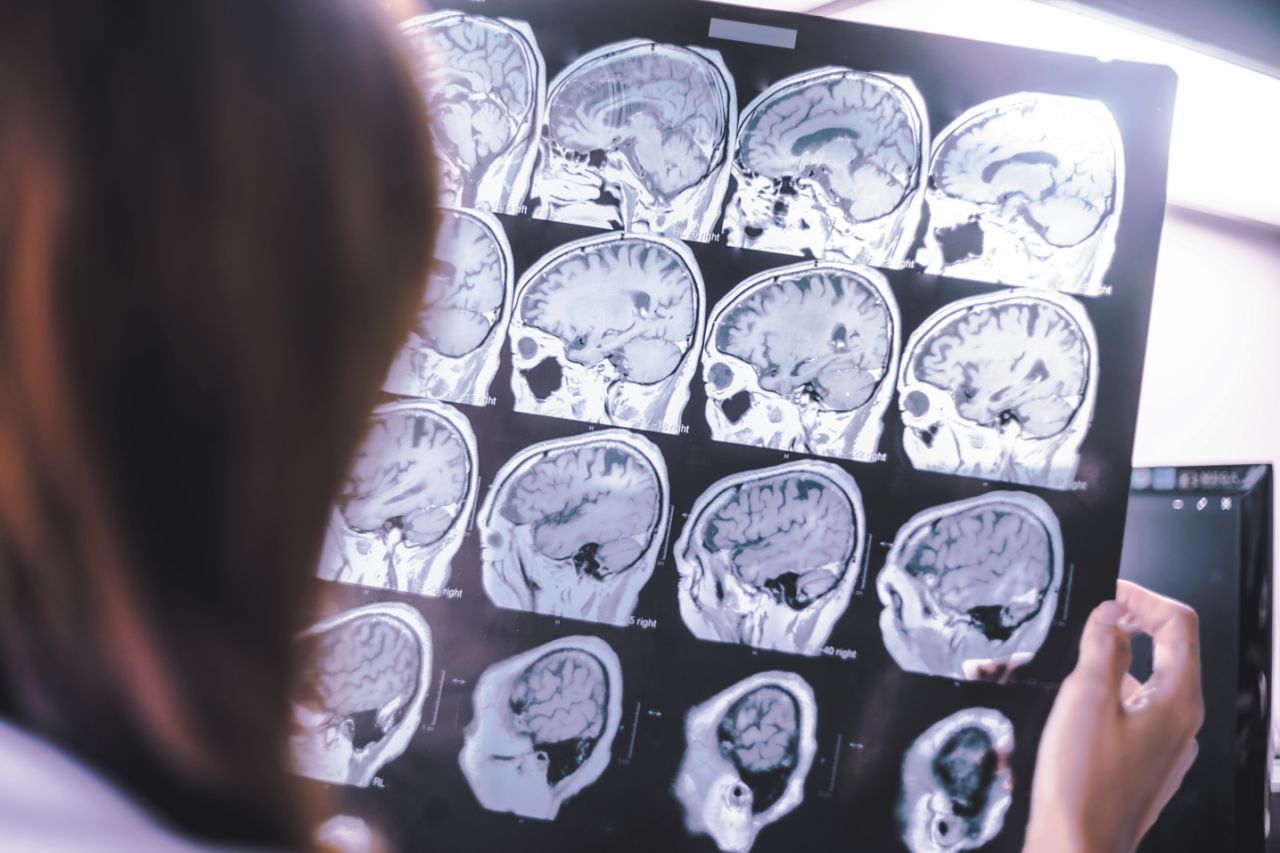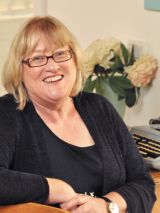Living with Dementia: What you need to know
It’s a disease we don’t want to think about but many of us will either be affected by it during our lifetime or know somebody who has been.
By Kelly James

Dementia. It’s a scary diagnosis and the prospect of watching a loved one—whether it be a partner, parent, friend or sibling—go through it is intimidating.
However, knowing what the early signs are and having the right resources and support can make a world of difference.
Dementia Action Week 2022
2022 Dementia Action Week is 19 to 25 September.
Find out more at dementia.org.au
Do you get concerned when you lose your keys or forget where you put your glasses down? Memory problems are common and often increase as people age, but there is a big difference between dementia and forgetfulness.
According to Dementia Australia, which represents the 487,500 Australians living with dementia and those involved in their care, dementia is the term that covers a collection of symptoms that are caused by disorders affecting the brain.
There are many different forms of dementia, with many causes. Some of the most common forms you may have heard of are Alzheimer's disease, vascular dementia, dementia with Lewy bodies (DLB), frontotemporal lobar degeneration (FTLD), Huntington's disease, alcohol-related dementia (Korsakoff's syndrome), and Creutzfeldt-Jakob disease.
Dementia affects thinking, behaviour, and the ability to perform everyday tasks, often severely enough that it interferes with the person’s ability to lead a normal social and working life.
And while it’s more common after the age of 65, it can affect people in their 40s and 50s too.
It’s important to know that although dementia most often affects older people, it is not considered a normal part of ageing.
There are also certain factors that could increase your risk of getting dementia, including head injuries, smoking, being overweight (particularly during midlife), having high cholesterol, having high blood pressure, not being physically active enough, and not keeping mentally active.
Because there are several other conditions that display similar symptoms to dementia—including vitamin and hormone deficiencies, depression, medication side-effects, infections, and brain tumours—getting symptoms checked out early is essential. If the person has a treatable condition, an early diagnosis will mean they can be treated correctly and if they are diagnosed with dementia, they (and their loved ones) will have early access to the support and information they need.
Dementia Australia CEO Maree McCabe says receiving a diagnosis of dementia is overwhelming news for any individual, and for their family and friends.
“Accessing support immediately after diagnosis is vital for people impacted to learn how to live well and independently with dementia,” Ms McCabe says.

Unfortunately, the early signs of dementia can be subtle, vague, and easily dismissed as ‘just getting older’.
Early signs that a person might have dementia can include:
- Being vague in everyday conversations
- Memory loss that affects day-to-day function
- Short-term memory loss
- Difficulty performing everyday tasks and taking longer to do routine tasks
- Losing enthusiasm or interest in regular activities
- Difficulties in thinking or saying the right words
- Changes in personality or behaviour
- Finding it difficult to follow instructions
- Finding it difficult to follow stories
- Increased emotional unpredictability.
Behavioural changes can be confronting for those close to a person who has been diagnosed with dementia. You may find that a previously placid family member begins to display aggressive behaviour, lose their inhibitions, become agitated easily, and otherwise behave out-of-character.
Even more difficult can be talking to them about changes you’ve noticed, especially if they become defensive. Health Direct recommends starting the conversation by talking about what you’ve noticed and the other common reasons this might be happening. For example, you might say you’ve noticed the person has had trouble with their memory recently and ask if they’ve been stressed or not sleeping well.
Then you can suggest that it’s time to see a doctor to find out what’s happening.
If the person does have dementia, the condition itself might stop them from recognising the changes in themselves and cause them to dismiss the need to see a doctor.
In this case, offering to help them book an appointment and attending with them may help, or you could bring it up when they see their doctor for other reasons (like a blood pressure check).
If an early diagnosis is made, your loved one might not require much extra care initially.
This is a good time for you and their family and friends to learn more about dementia and what to expect. It’s also the time to plan for the future while they are still able to make sound decisions, including financial planning and healthcare.
Because dementia can impact a person’s ability to communicate, they may not be able to express their wants and needs.
This can be frustrating and frightening for them, and for you.
You can try:
- Being positive—keep your tone of voice and body language calm and speak in a pleasant manner. Using touch can also be reassuring.
- Being clear—get your loved one’s attention before speaking slowly and calmly using simple words and phrases. You may have to repeat the information or question multiple times. Ask yes or no questions and avoid giving choices if there are none.
- Acknowledging feelings—if your loved one is sad, angry, or upset, don’t ignore it. Let them know that you understand as you work to calm them.
It’s normal to feel overwhelmed, scared, and have a lot of questions following a loved one getting the difficult diagnosis of dementia. However, there is support available, including Dementia Australia’s 24/7 National Dementia Helpline on 1800 100 500, which Ms McCabe says is “a vital first point of contact for…any Australian needing support or information to access early diagnosis and support.”
This article is featured in the Spring 2022 issue of National Seniors Australia’s quarterly member magazine, Our Generation.
Become a member today and receive four free hard copy issues of Our Generation (valued at $39.80) a year as part of your membership, along with exclusive discounts, competitions, branch membership and more!
Your membership directly funds our advocacy and research work that benefits older Australians including fixing pension poverty, tackling health care costs, and improving aged care.



